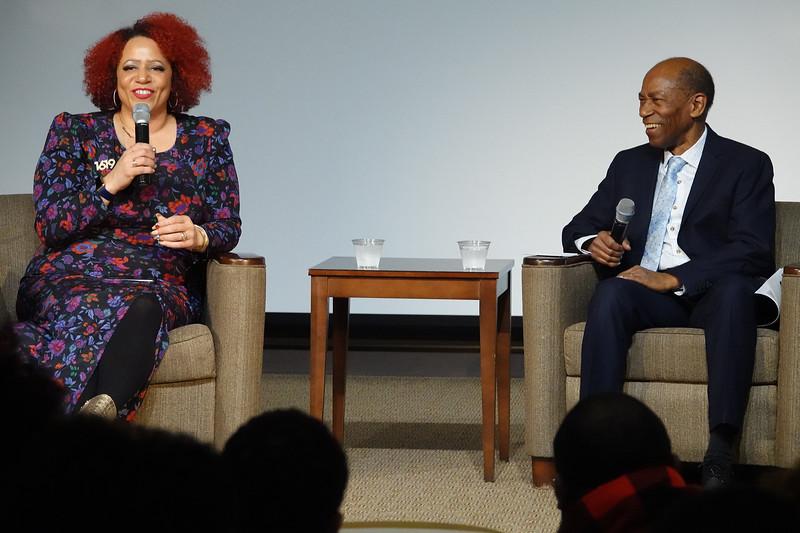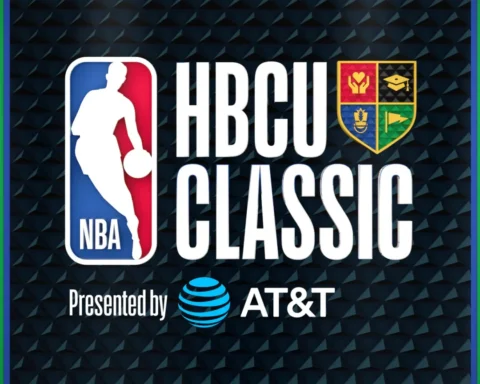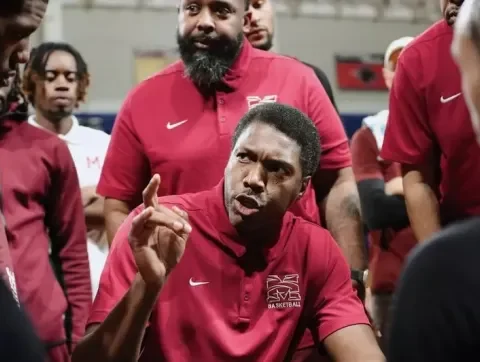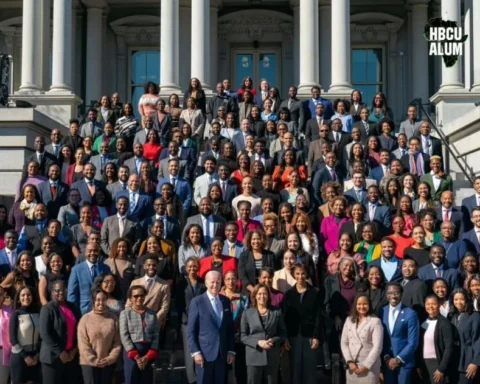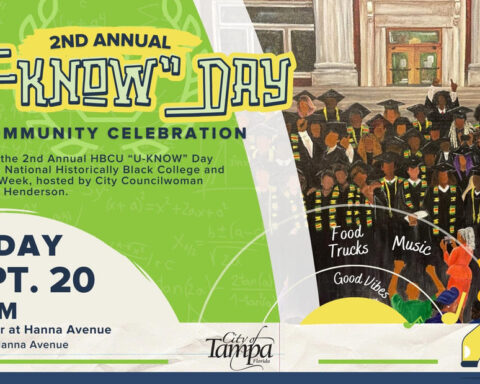By Morehouse College,
The Morehouse College Board of Trustees has approved a new Bachelor of Arts in Journalism in Sports, Culture, and Social Justice. Morehouse students pursuing the 30-credit hour degree program will take foundational courses in news writing, multimedia and visual storytelling, and mass media law. They can choose from three tracks – sports journalism, arts and culture, and social justice journalism – to finish their remaining credits and gain a deep understanding of a specific concentration of journalism. Students can also develop leadership skills and build their portfolio working as a member of the College’s student news organization, The Maroon Tiger, which includes Tiger TV.
Students from fellow Atlanta University Center Consortium (AUCC) member institutions Clark Atlanta University and Spelman College can cross-register to take Morehouse journalism courses as electives.
“Journalism keeps our democracy in check and our populace informed, which is more important now than ever,” said Ron Thomas, a sports reporter for 34 years before he became the director of the journalism program at Morehouse. “Since its inception as a minor in 2010, our program’s motto has been ‘Changing the Face of Journalism.’ Our AUCC graduates continue to break barriers, while uplifting marginalized voices and perspectives, which levels the playing field for story representation in media.”
Journalism previously was a minor within the English major. Thomas said the new degree will provide several new course offerings including specialized electives in storytelling with drones, entertainment journalism, and a unique course on activism among Black athletes.
“For example, the Social Justice Journalism course will be focused on pioneering Black journalists dating back to 1827, when the first Black-owned newspaper was published,” says Thomas. “Much time will be spent discussing and writing about ‘The 1619 Project,’ relating directly to current conversations about critical race theory.”
The Journalism and Sports Program was established at Morehouse in 2007 after alumnus Spike Lee ’79 and the late Ralph Wiley, one of the first Black sports columnists to work at a major daily newspaper, recognized there was a dearth of Black voices in sports journalism. The program has been given a new name as a major to reflect the range of its new curriculum.
Journalism at Morehouse has been supported by three $1 million donations. Lee raised about $600,000 to start the program, contributing an additional $400,000 himself. In 2015, Turner Sports basketball analyst and basketball Hall of Fame honoree Charles Barkley donated $1 million. Finally, earlier this year, Michael Jordan and the Jordan Brand donated $1 million primarily to fund scholarships and a digital media lab.
The program has helped produce a stellar list of journalists, digital content creators, entrepreneurs, and image makers from across the AUCC including: TheGrio.com managing editor Gerren Gaynor; GQ special projects editor Mark Anthony Green; Los Angeles Clippers manager of basketball communications Curtis Jackson; Center for Disease Control Foundation communications officer Candace Wheeler; ESPN content producer Jourdan Shepard; Los Angeles Times Black life reporter Donovan Ramsey; HBO manager of multicultural marketing Jaleesa Diaz; Tre’vell Anderson, Xtra Magazine editor-at-large and co-chair of the National Association of Black Journalists LGBTQ Task Force; Streamlined Media & Communications CEO Darren Martin; Miami Herald race and culture reporter Isaiah Smalls; Newsy senior culture editor Christian Bryant; Beaumont (Texas) Enterprise sports editor Thomas Scott; Jordan Jones, communications officer at JustLabs; Chad Sanders, author of “Black Magic: What Black Leaders Learned From Trauma and Triumph”; and Bryan Graham, SB Nation senior director of audience and engagement.
“Ultimately, our program’s co-founders Spike Lee and Ralph Wiley foresaw Morehouse journalism students rising to positions with decision-making authority – such as editors – or image-making power like columnists and commentators,” Thomas said. “American society needs many, many more.”

